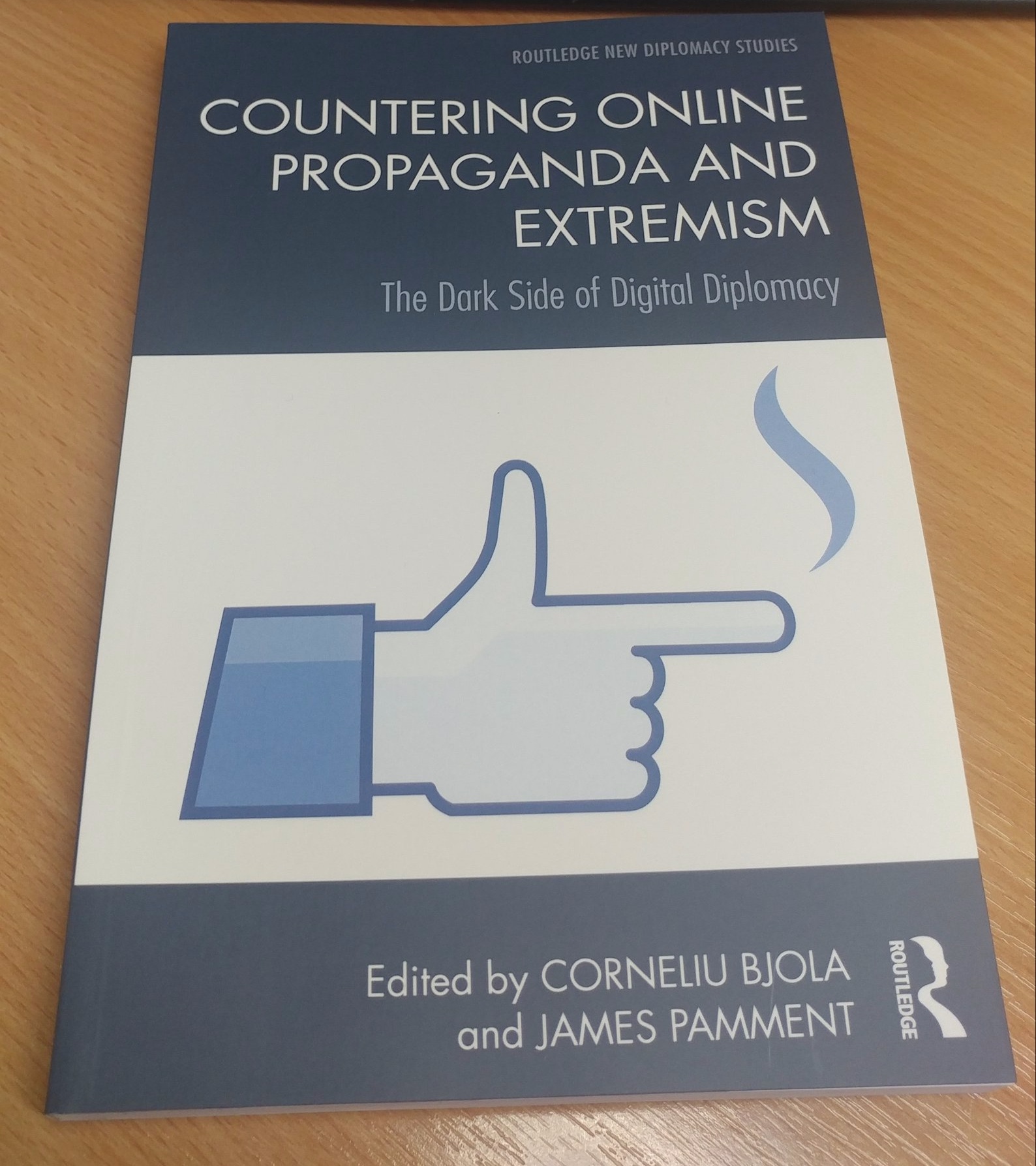Written by Sophie Mcclarron, current MSc student taking our Media, War & Conflict course.
Will Merrin: ‘The continuation of politics by other memes: The rise of global troll warfare’
6 February 2019, Royal Holloway
Trolling is an age-old culture which is used to create chaos and disorder through satire, Merrin announced. The troll must not care about what they are posting but is simply aiming to get a reaction. Trolling has existed for centuries, found in examples such as Henry VIII’s jesters and Marinetti’s futurist soirees. The term ‘troller’ itself developed from the definition to wander and is now defined as being anti-authoritarianism, anti-political and anti-order. The development of trolling from Henry VIII‘s jesters to modern day internet trolls is now the key component of anonymity needed to be an online troll. This would not have been possible as a jester or in group festivals in the past. Being anonymous online is a huge factor of being an internet troll. As Merrin argued, the mask was used to identify a character but now a mask is used to hide an identity.
Another key factor of being a troll is that victory in troll warfare must be public, visible and appreciated by others. If a troll gets no reaction or it is private, then it is someone simply attempting to troll without being successful. In modern society a problem which we can encounter in this troll culture is ‘doxing’. Merrin defined this as an individual or group being exposed through trolling or for being a troll. An example of this would be Hillary Clinton’s emails being exposed by Wikileaks during the latest US presidential election. ‘Doxing’ can be dangerous as it can shift the power relationship from the vulnerable (the individuals in the public) who are trolling the powerful (the well-known/ media/ celebrities) to the opposite. Once the media can ‘dox’ an individual troll with their name and personal details, this becomes very dangerous for that person as the media corporation takes the role of the troll. Merrin presented examples of instances in which tabloid newspapers took on this troll role.
Merrin argued how trolling has fundamentally changed diplomacy in the 21stcentury. One example saw Canada’s diplomat on twitter trolling Russia with a meme highlighting Ukraine’s borders when Russia was invading. Governments have also embraced troll culture and it can even be seen to be used by radical groups online accounts such as Islamic State members using #catsofjihad. However, the radical groups are also themselves trolled through Twitter and other social media platforms, and this can be argued to have a positive effect. The group Anonymous trolled ISIS twitter accounts by changing all of their links to terror videos to Rick Astley’s ‘Never going to give you up’. This is a positive use of troll culture as it replaces links of hatred and terror to jovial and light-hearted music. It must be noted that although this form of trolling is positive, trolling does also have negative effects too as it can make ISIS seem more relatable and modern in their use of trolling themselves.
Another dangerous use of trolling is governments’ control or attempted control of social media free speech. Countries such as China and Russia have both employed troll farms where citizens post pro-government trolling messages and to troll other countries and groups. Merrin argued these troll farms are not in fact trolling as trolling requires the person to not care about their post or response which the troll farms do value. Merrin’s closing statement was the most powerful as he admitted he is ‘terrified’ of governments cracking down on free speech online when it comes to trolling as it can be conceived as a hate crime. Trolling can be a dangerous tool to convey horrible messages targeting others but is this really trolling? Not when considering Merrin’s earlier definition so I agree the government being able to control or access all online data is a terrifying possibility.
The lecture was a very insightful analysis of trolling and its modern use in politics and diplomacy. I agree with Merrin that trolling should be included and taught in politics courses as it is vital students are up-to-date with modern political tools when they graduate. Trolling should be taught and its dangers acknowledged through education but should not be restricted by the government.
By Sophie Mcclarron, 12 February 2019










